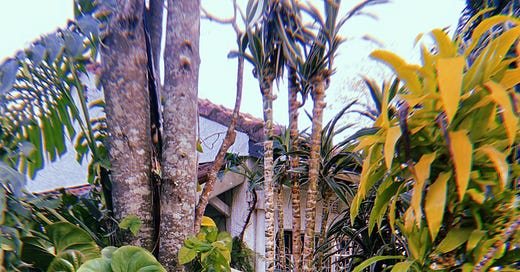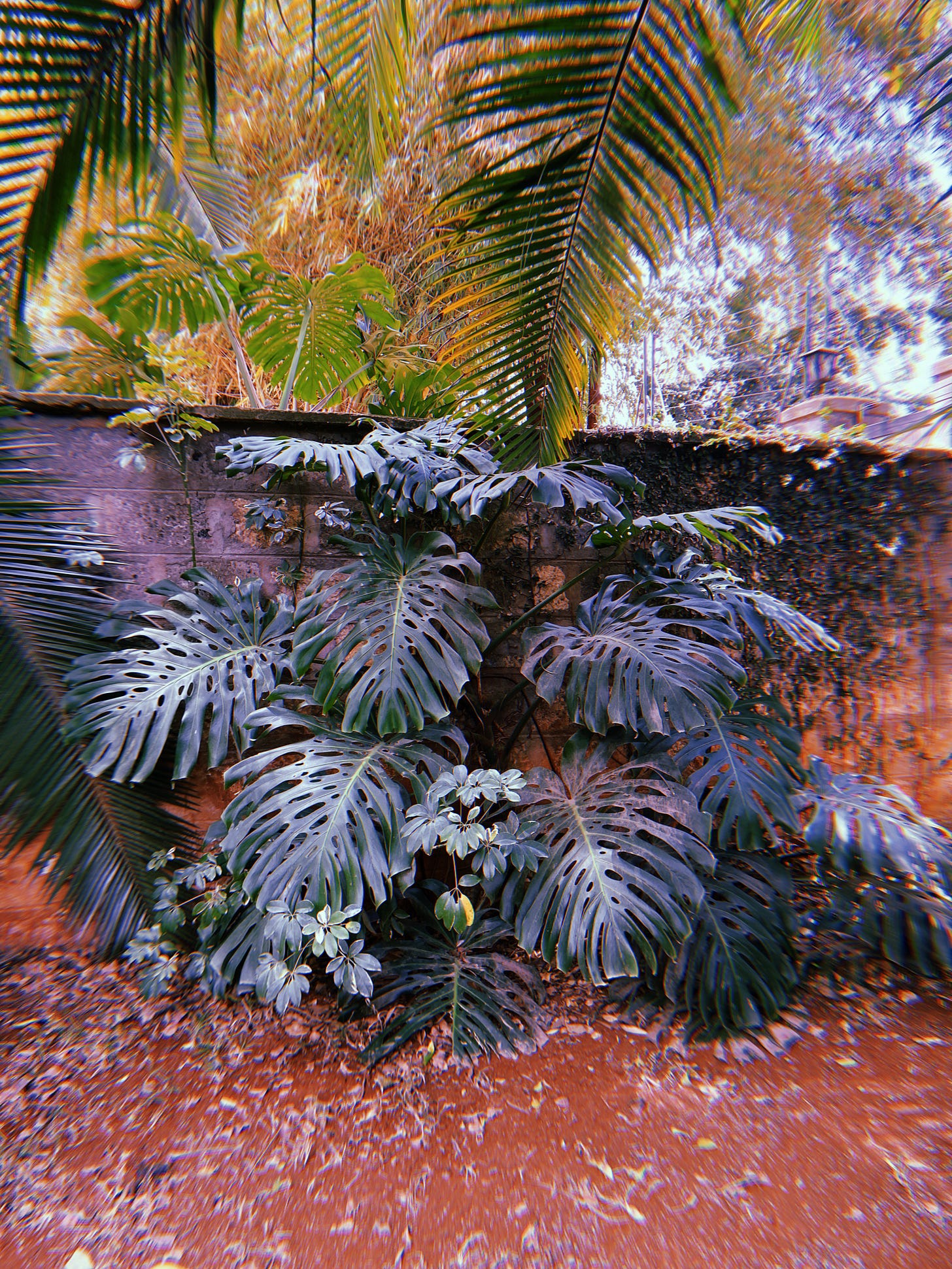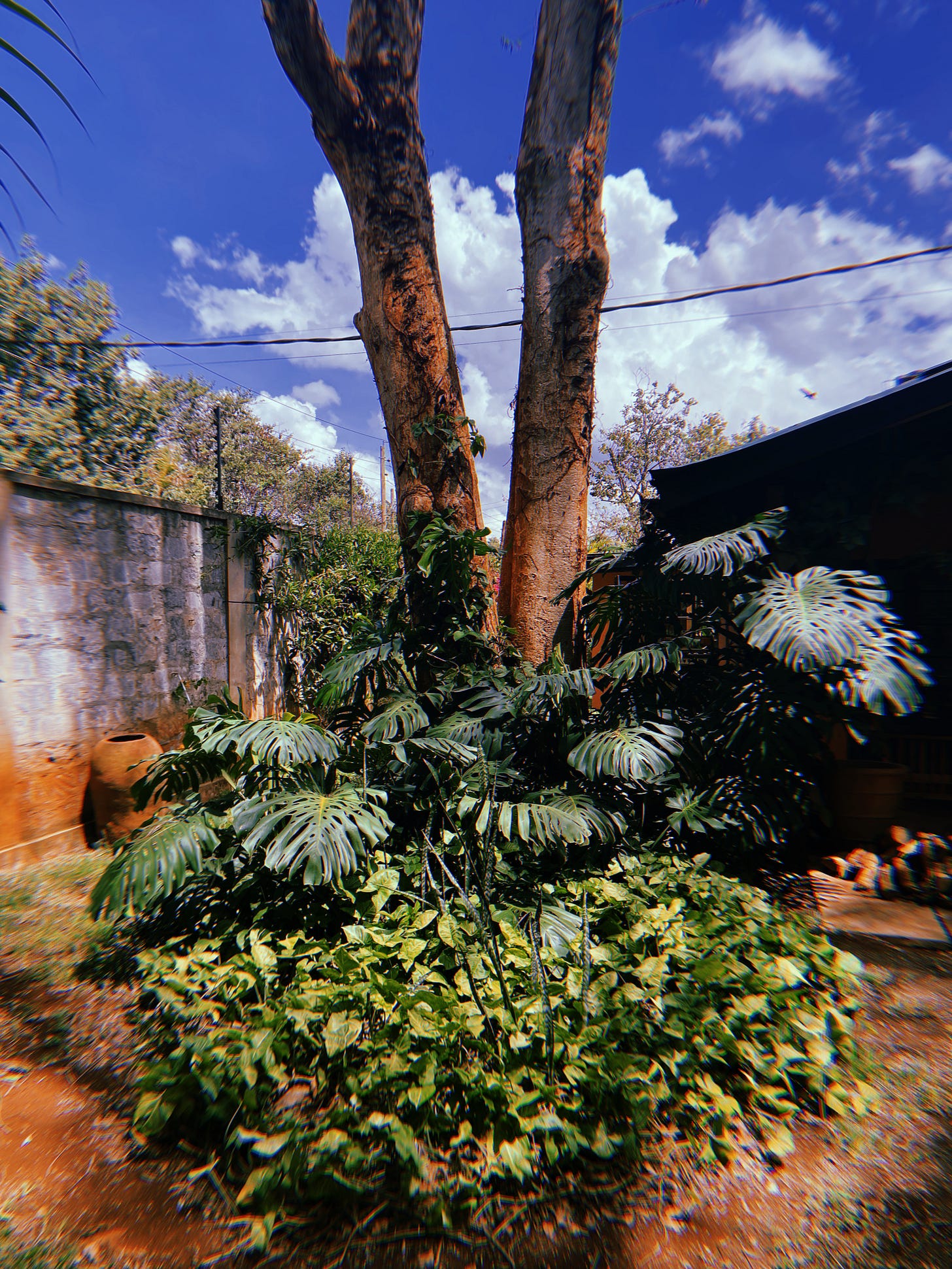“Hey, hey, can you hear it?” my partner said as I was dosing off into a dream.
“What?” I said grumpily.
“The rain, can you hear it?” he shouted enthusiastically.
I opened my eyes and drifted out of the dream and into real life: the rain was hitting the trees and making a beautiful sound- maybe that’s how hope would sound if you could hear it. What a blessing!
In the last years, Kenya, where I am now, has been facing one of the heaviest droughts in decades, and because much of their economic system is based on agriculture that is heavily reliant on rain, the lack of rain is creating a domino effect that is rippling through to many other things. Pastoralist communities have lost their livestock, and in national parks, many animals are being found dead from exhaustion and thirst. Four consecutive rain seasons have failed, so when rain comes, it is considered a gift from the Gods.
Today’s (optional) ritual
Prepare tea with Hierba Luisa (lemon verbena) and Licorice
Find a word that invokes fear in you, and study its etymology. How does that make you feel? What kind of emotion do you feel when revealed the story of this word? Write down your thoughts, and then bury the paper under the earth.
When I arrived here two days ago the first thing I marvelled at was the lushness of the garden I am staying at. Untamed monsteras with gigantic leaves, bougainvillaeas that look like they have burst like bombs of flowers, and jasmine plants crawling onto these incredible flowery trees called Frangipani. There is nothing more poetic than a flower blooming in a context of oppression, to see nature persist in an embodied act of rebellious survival. I am here, it says.
I miss this greeness in the city where I live, green spaces are scarce in the centre of Barcelona and there is no hiding from cars and the pollution they create. In general, these days there is not much hiding from climate change anywhere, unless you choose to be blind. Its consequences are under the sun, whether you live in the Philippines where there are islands of plastic, or in Nairobi where the rains have failed to fall for so long, in the United States where hurricanes destroy houses and livelihoods, and in Barcelona, where the air is not fresh anymore.
Many call these changes the climate apocalypse, which is a word that invokes fear. As I do with things that scare me, I went to look up its etymology, and found poeticism in it.
The word apocalypse comes from Latin meaning “revelation” and from Greek meaning apokalyptein, to “uncover, disclose, reveal”. Its roots go from apo “off, away from” kalyptein “to cover, to conceal”. I want to see this time of crisis as one in which we are given a chance to see things clearly. There is no moving forward without breaking, without exposing our dark parts and the gunk that makes up our lives. Destruction is a necessary part of rebirth. Perhaps this is where the climate anxiety is coming from, witnessing destruction is leading to what Nigerian philosopher Bayo Akomolafe calls climate nostalgia. Some nasty stuff has come to the surface, and in seeing it, we are grieving what is lost.
Crisis reveals what is going on under the surface: inequality and systemic issues are all exacerbated in these moments. The word crisis derives from from the Latinized form of Greek krisis , which is a "turning point in a disease” or “that change which indicates recovery or death".
This moment of uncovering is a turning point, one in which we reckon with ourselves and understand how we want to move forward. Do we choose community? Do we choose to use our voice? Do we choose to see? Whether we want it or not, the world will change, because it has to. We can choose to change with it. Somehow, this is a moment where light shines where it needs to, where we move away from blindness and begin to see clearly.
In this vulnerable state of transition we are a bit like scorpions. We must hold on to gratitude, beauty, and joy. We’re gonna need them.






